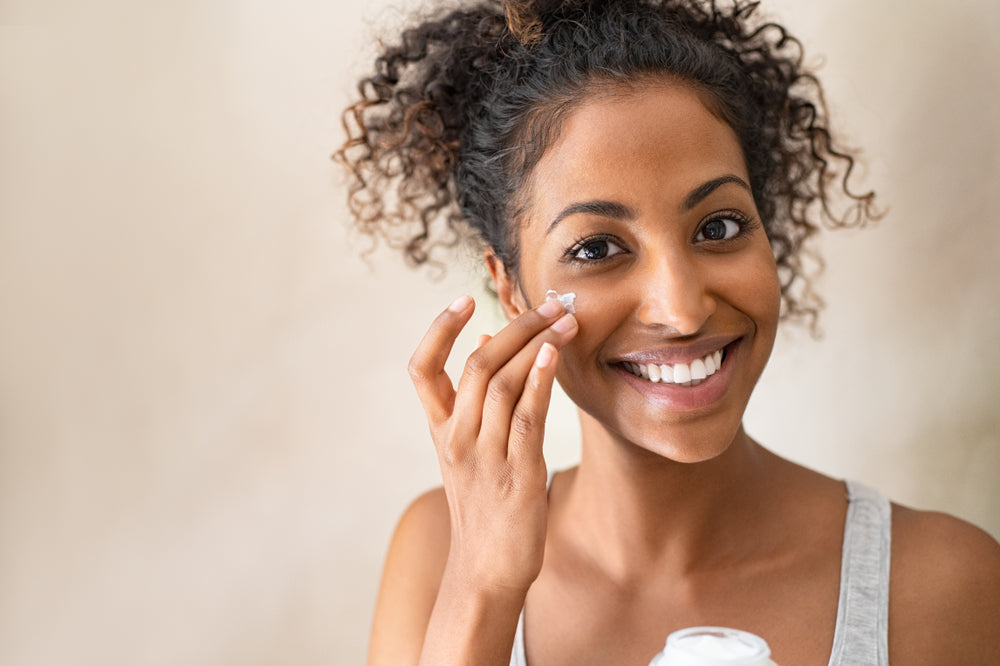
How To Tell If You Have A Damaged Skin Barrier And Ways To Help Repair It
Ahh the skin barrier. It’s definitely one of the skincare buzzwords of the moment. It’s plastered all over social media, on so many lotions and potions and is also mentioned constantly in magazines. We know we’ve got to keep it intact to have healthy, glowing skin but does anyone genuinely know exactly what it is and what looking after it correctly entails?
What exactly is the skin barrier?
This seems like a good place to start. The skin barrier is the outer layer of skin known as the stratum corneum and consists of skin cells that protect the skin. A bit like acting as border control by keeping the good stuff like moisture in and blocking the bad stuff out.
“The job of the skin barrier refers to the skin’s ability to protect us from dehydration, infections, pollution and allergens and irritants,” says Dr Ophelia Veraitch, Consultant Dermatologist. “Maintaining the outer structure of the skin is a cornerstone for healthy skin,” adds Dr Veraitch.
A good analogy is to think of an intact skin barrier like a brick wall held tightly together with cement. When the skin barrier is damaged, the skin cells and the cement between them can crumble and cause the skin barrier wall to fail. This makes the skin barrier less able to hold hydration in and protect us from the external elements that can cause damage.
How do you know if you have a damaged skin barrier?
If the skin barrier is compromised, the outer layer of skin starts to look dull, rough and dry. It can be more easily irritated and sensitive.
Symptoms can also include redness, an increased dryness and a compromised ability to retain moisture. Eczema can also be signals that your skin barrier is vulnerable and not performing at its peak.
What can damage your skin barrier?
Some of the external and internal factors that can affect the skin barrier include:
- Too humid or too dry environment
- Allergens, irritants and pollutants
- Too much sun exposure
- Alkaline detergents and soaps
- Over Exfoliation or using too many active ingredients in your skincare
- Genetic factors which may make you more prone to certain skin conditions like atopic dermatitis.
How to restore the skin barrier and keep it healthy?
First things first, adopt a simple skincare routine. Try stripping your skincare back, rather than layering on more. Keep it simple and use something like the Cetraben Moisture Protect Facial Cleanser, Cetaphil Gentle Cleanser or CeraVe Hydrating Cleanser.
As well as a simple skincare routine, stick to gentle cleansing and moisturising products until the redness, dryness or skin sensitivity has improved.
Avoiding harsh or irritating ingredients will also speed up repair. Alcohol, fragrances and strong acids such as glycolic acid and salicylic acid can disrupt the skin barrier and cause further damage.
How long does it take for your skin barrier to heal?
This will differ depending on your skin type and level of damage. It can be two weeks for some people, stretching up to around six months for others.
Which ingredients to look out for repairing a damaged skin barrier?
Ceramides are waxy lipids found in the stratum corneum and they are crucial for making sure your skin barrier functions properly. Research shows that products containing ceramides may help to improve dryness, itchiness and scaling caused by a poorly functioning skin barrier in conditions such as eczema. Ceramide moisturizers may also be helpful if you have acne. The barrier is often impaired when acne treatments can leave the skin dry and reddened.
Niacinimide is often flagged up by skin experts as a good barrier repairing ingredient to look out for too as it can help calm inflammation and is soothing on the skin.
Humectants like hyaluronic acid, glycerin and urea can also improve barrier function. Humectants work by drawing water – either from the environment or from inside your body – and binding it into the skin barrier. Moisturizers containing any of the above ingredients can help.
Are some skin types more vulnerable to skin barrier damage?
Those with naturally dry or sensitive skin types are more prone to skin barrier damage. However, anyone can experience a compromised skin barrier due to external factors or the wrong skincare practises.
The skin barrier tends to weaken with age too, leading to reduced moisture retention and increased vulnerability to external stressors. So when it comes to skincare as we age, less complex routines and regimes often work best.
Shop Bestsellers


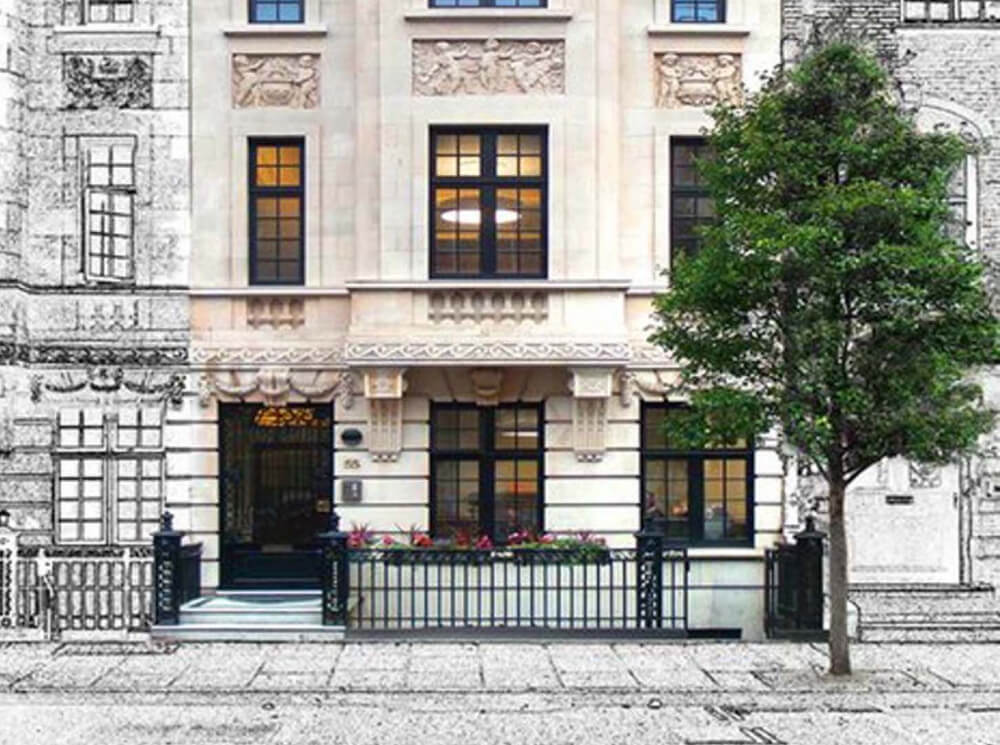
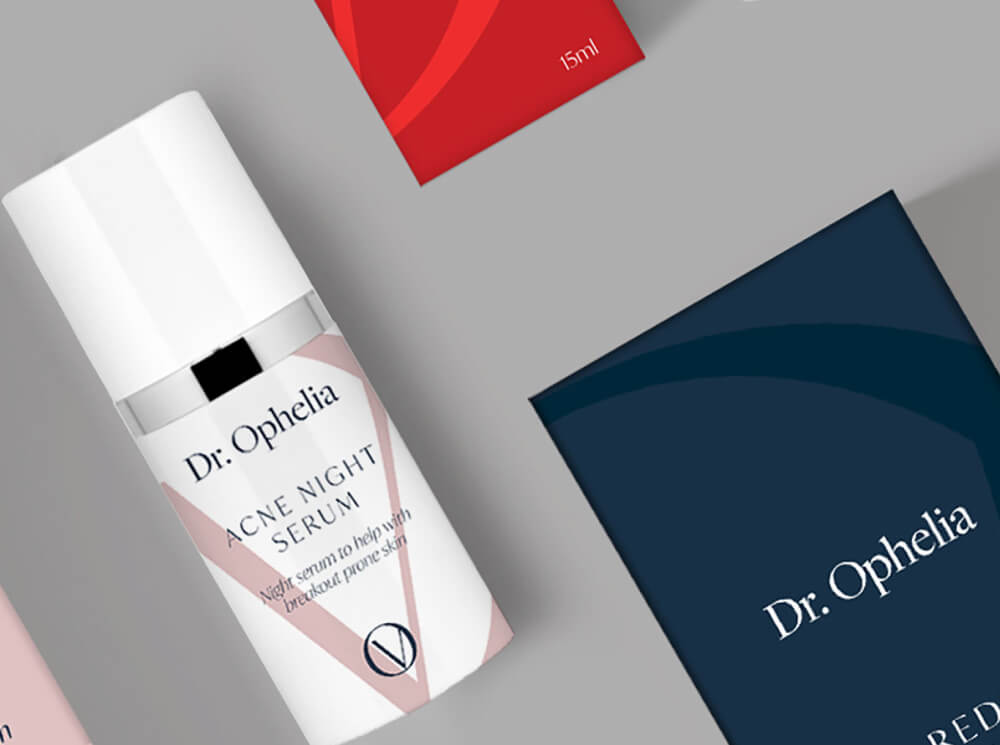
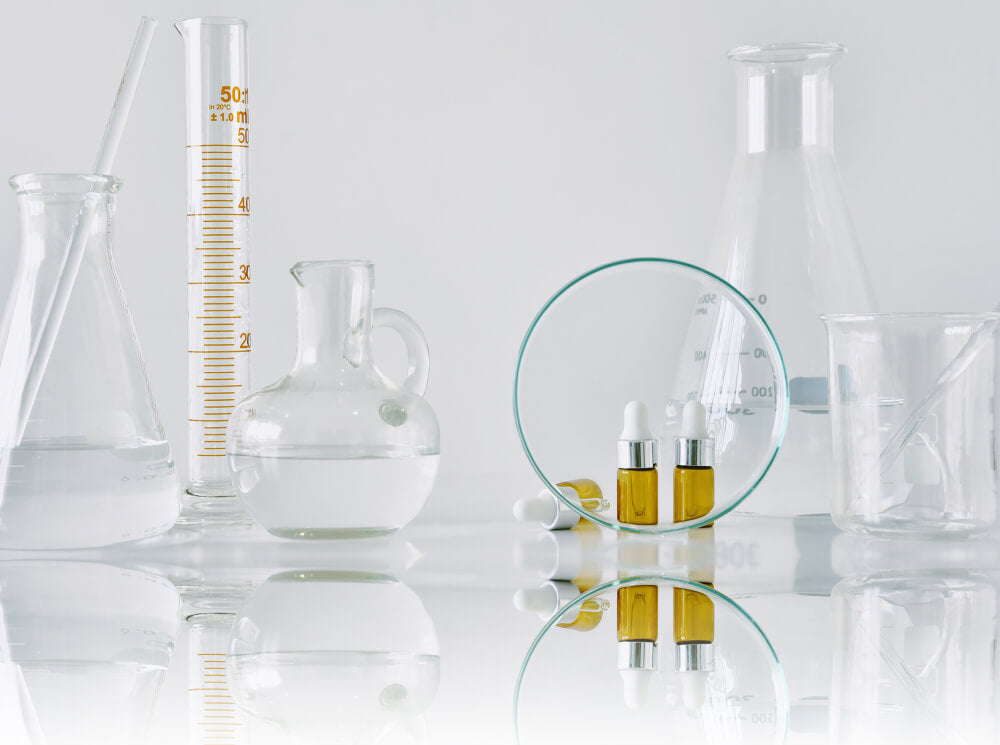
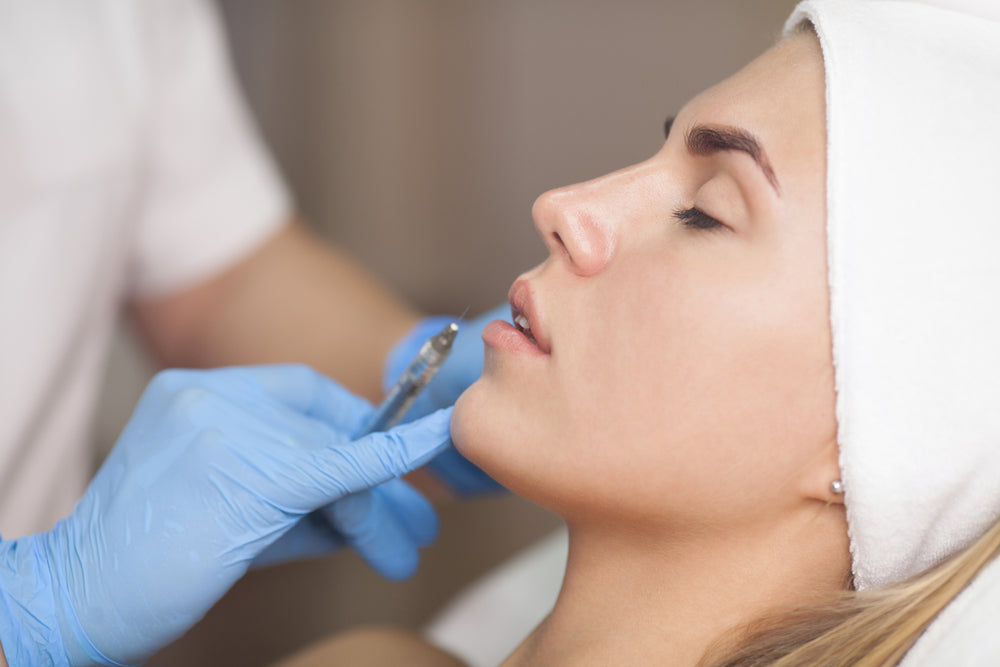
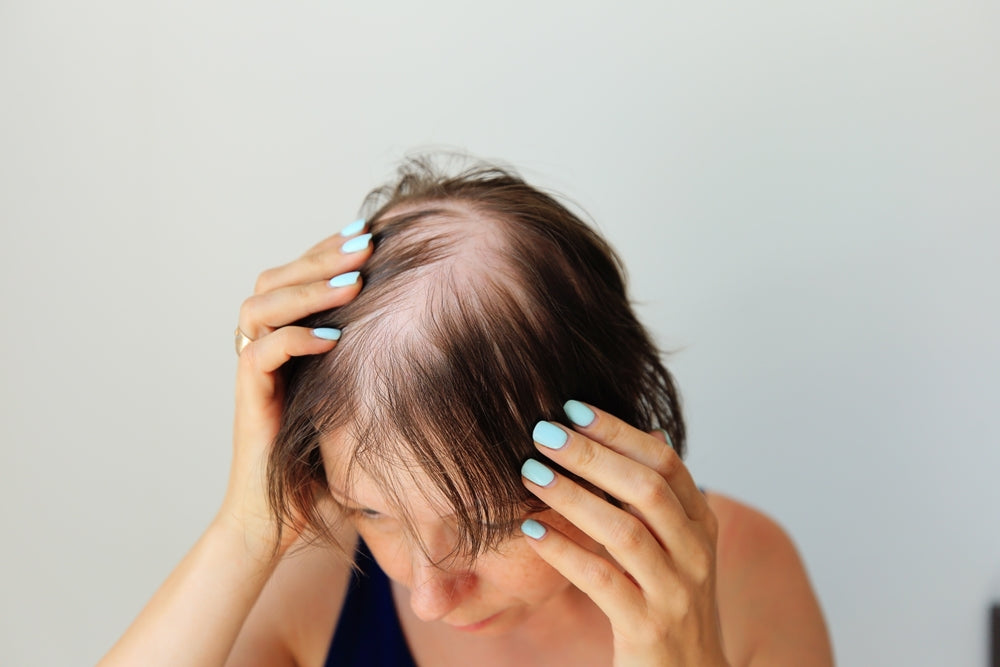
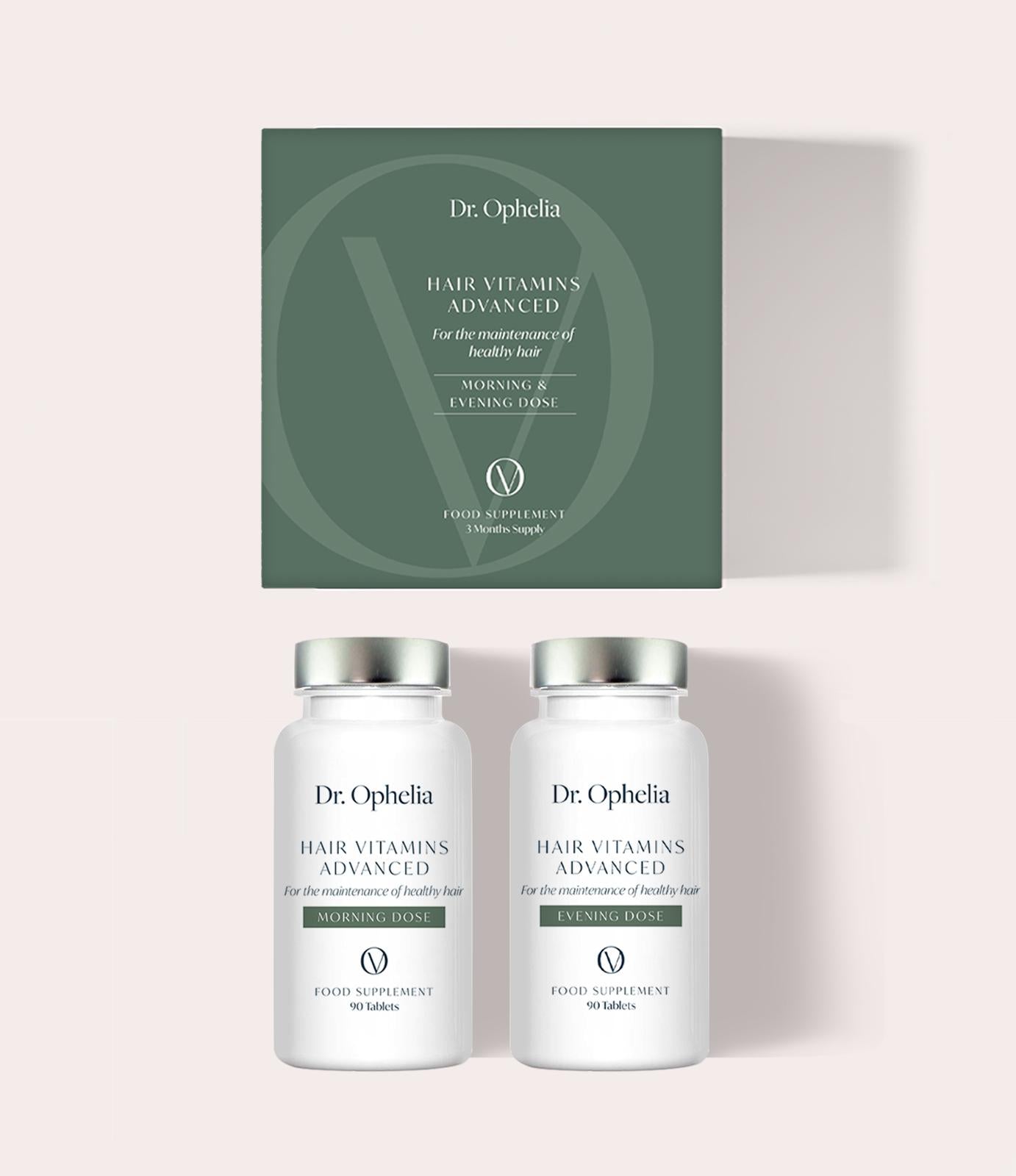
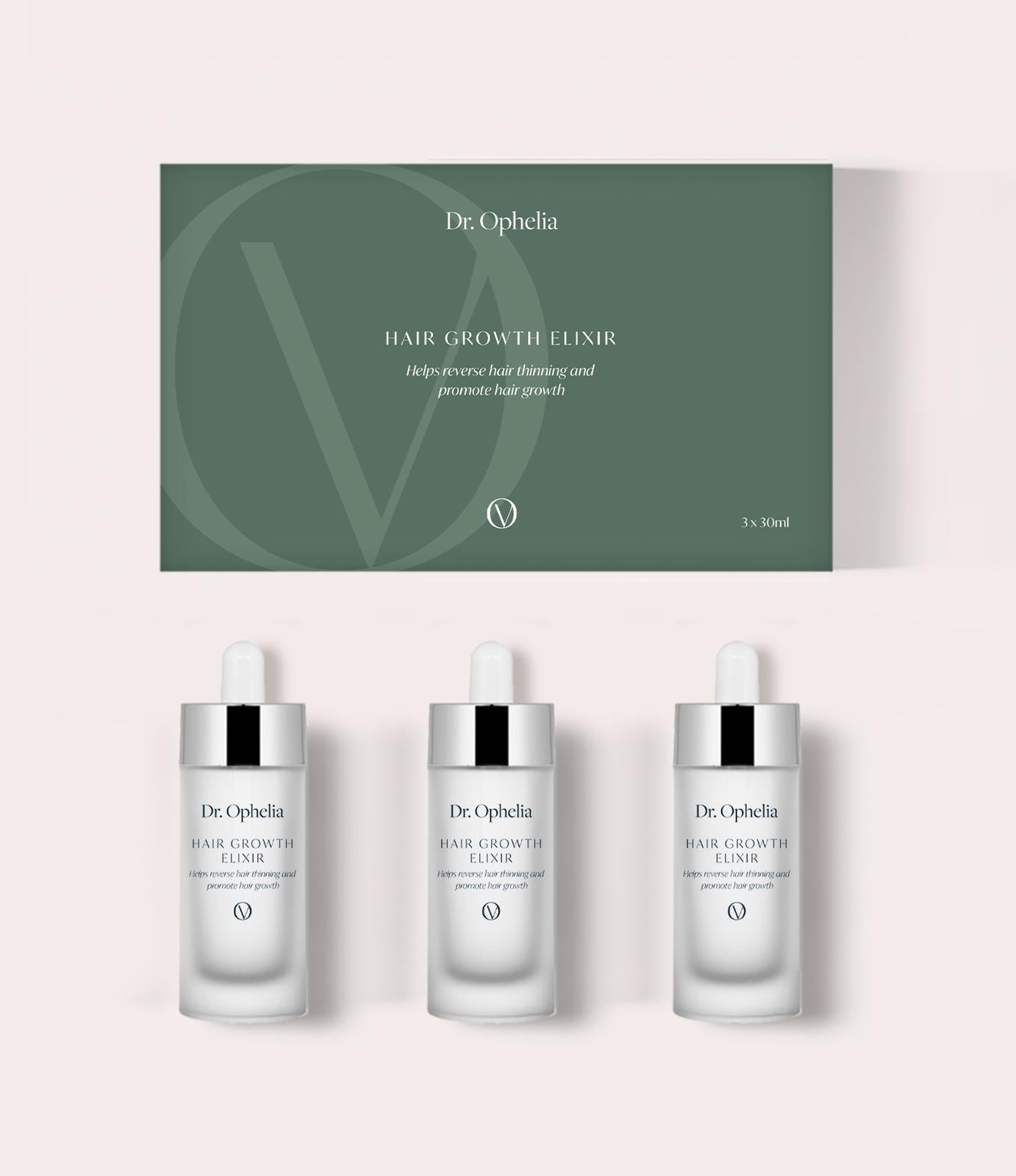
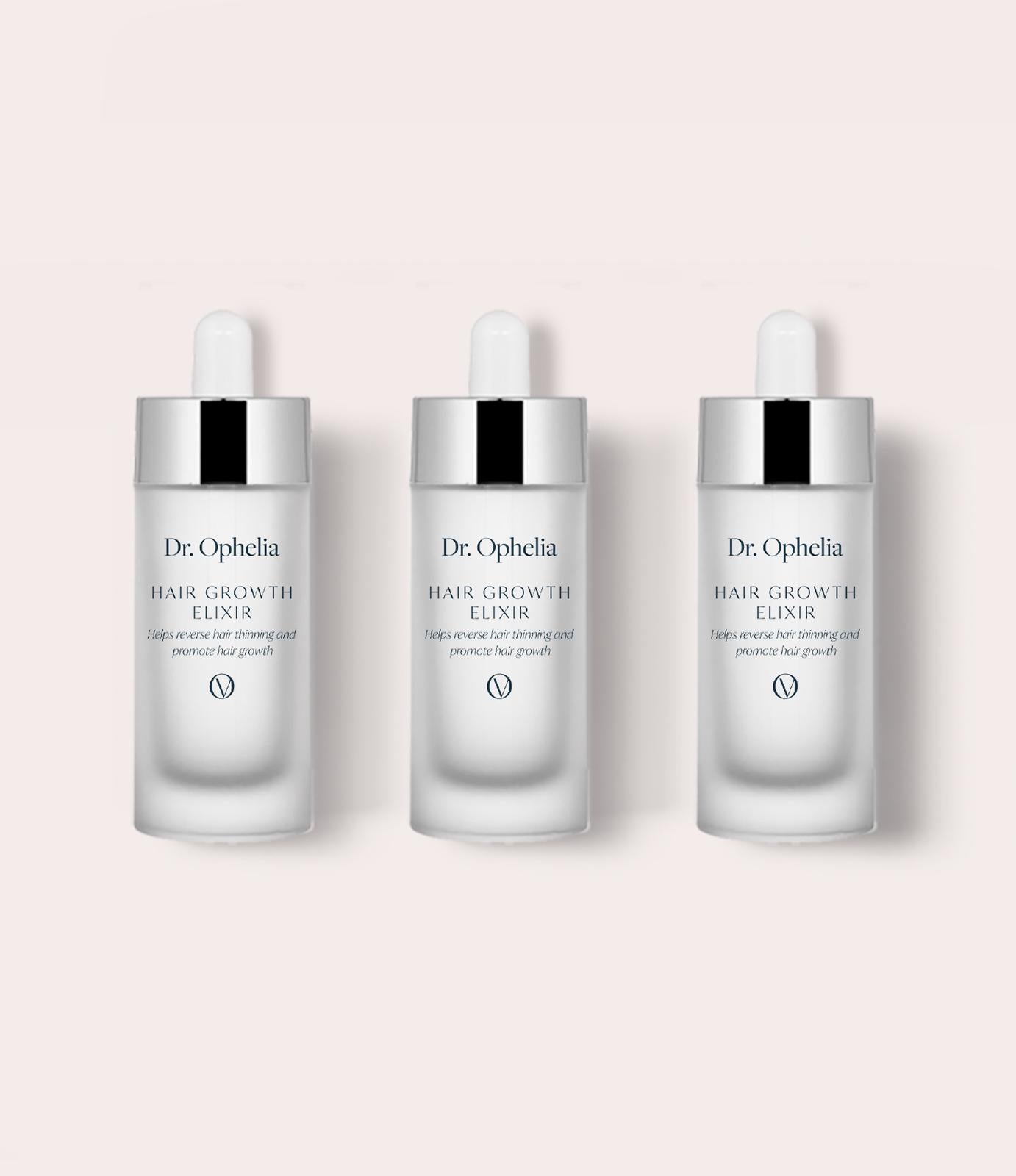
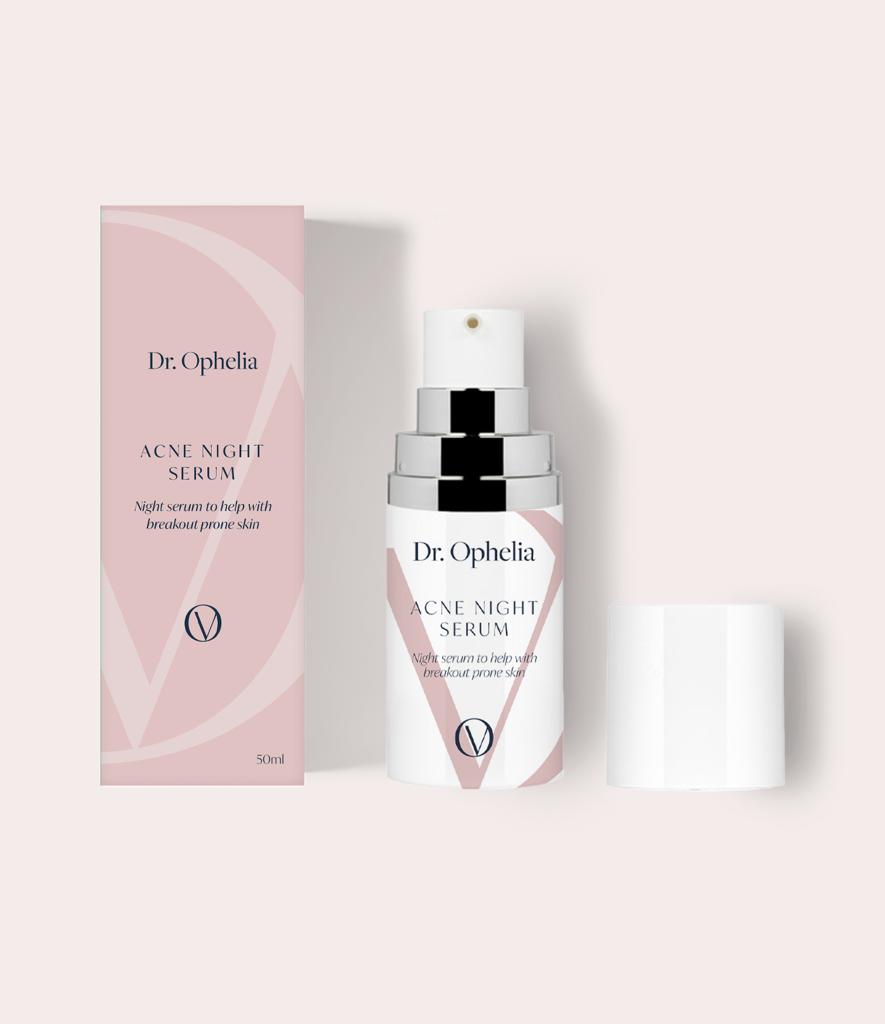
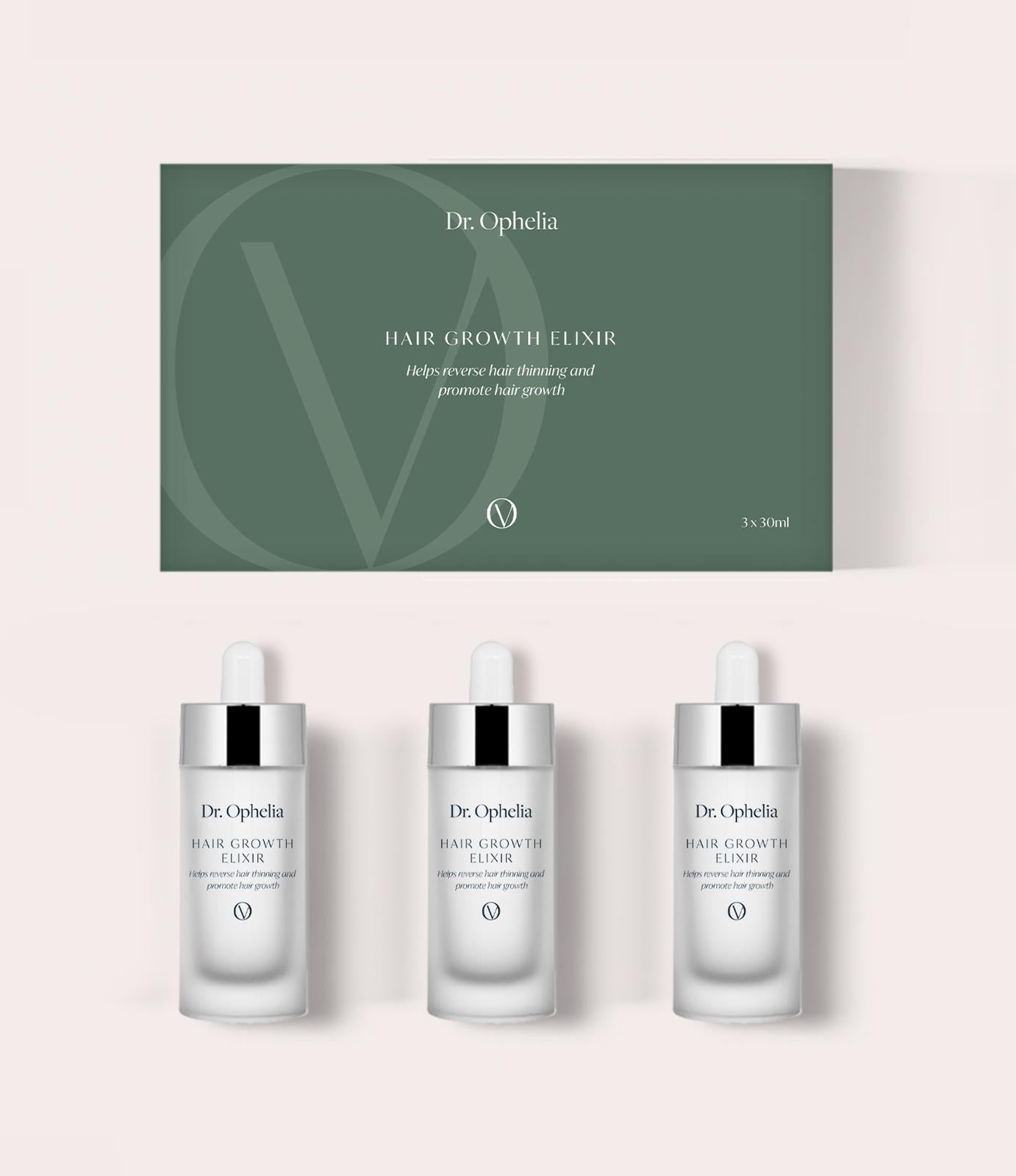
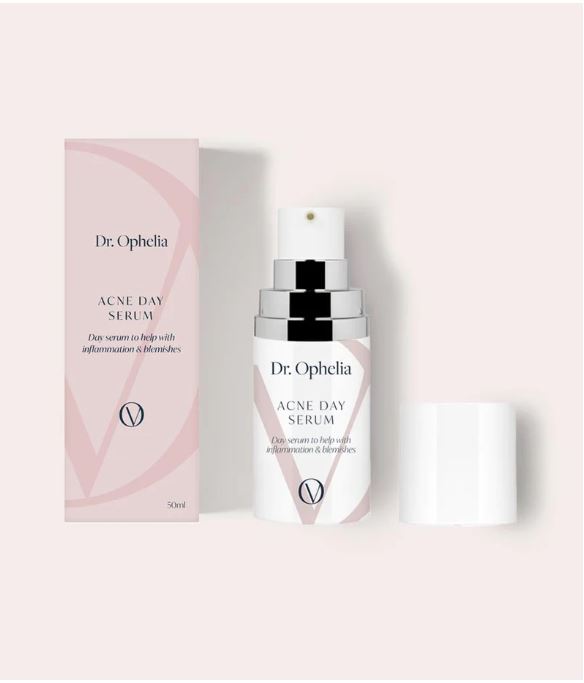
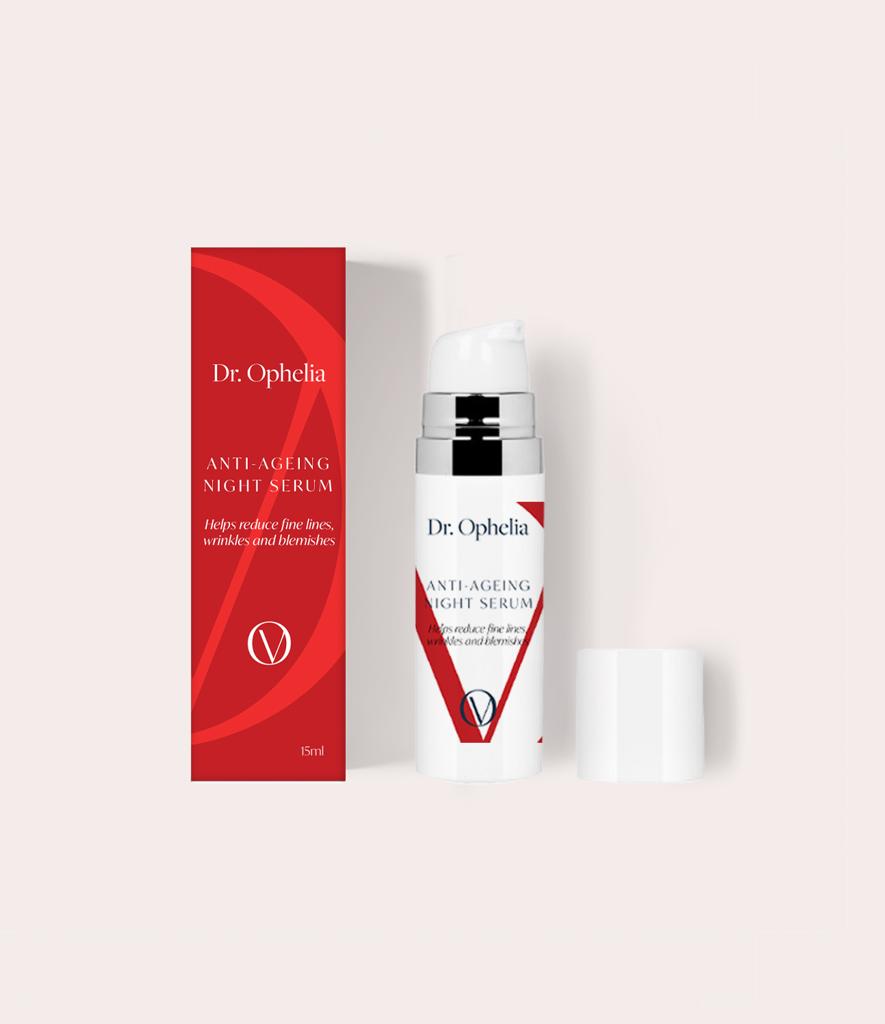
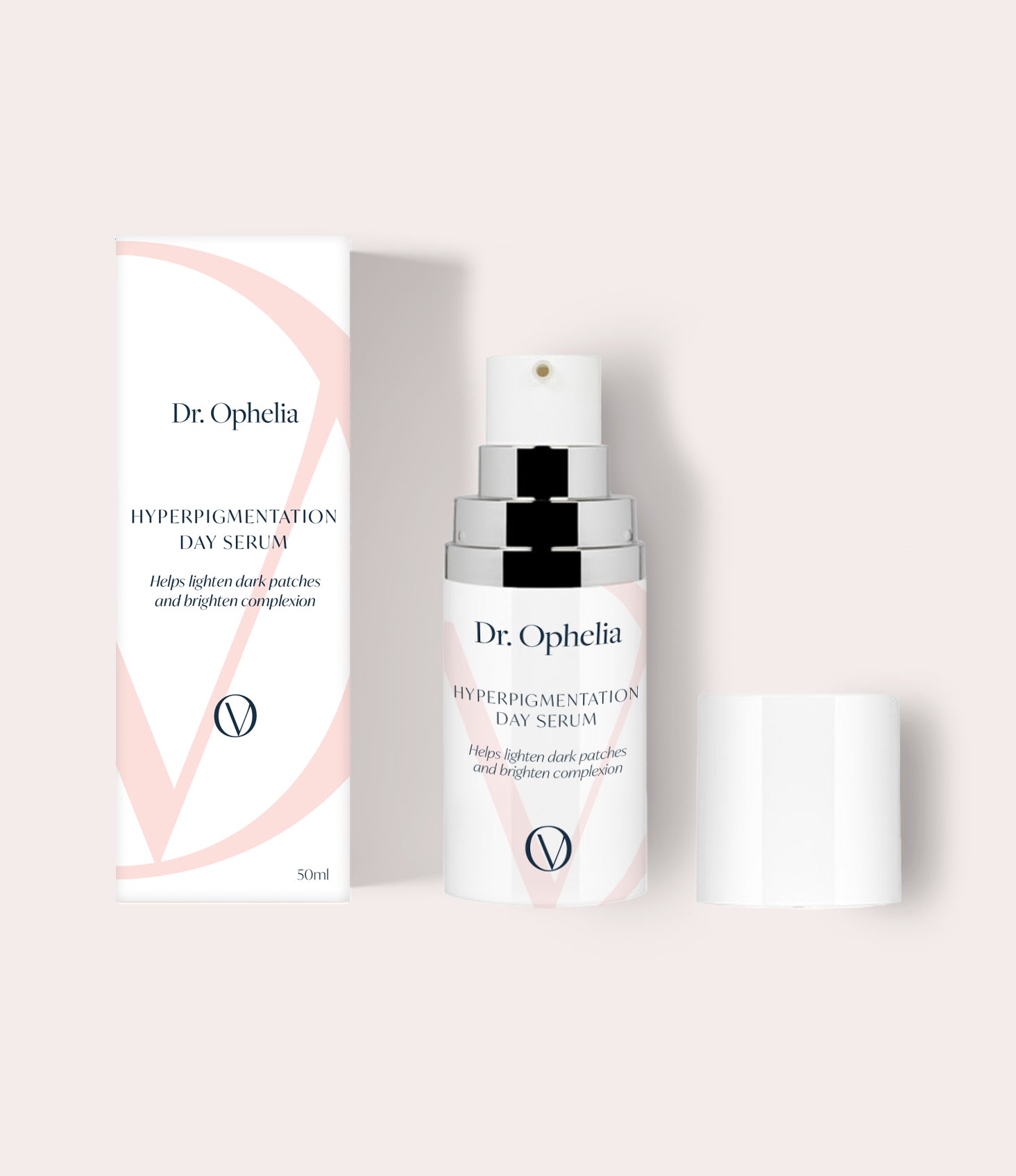
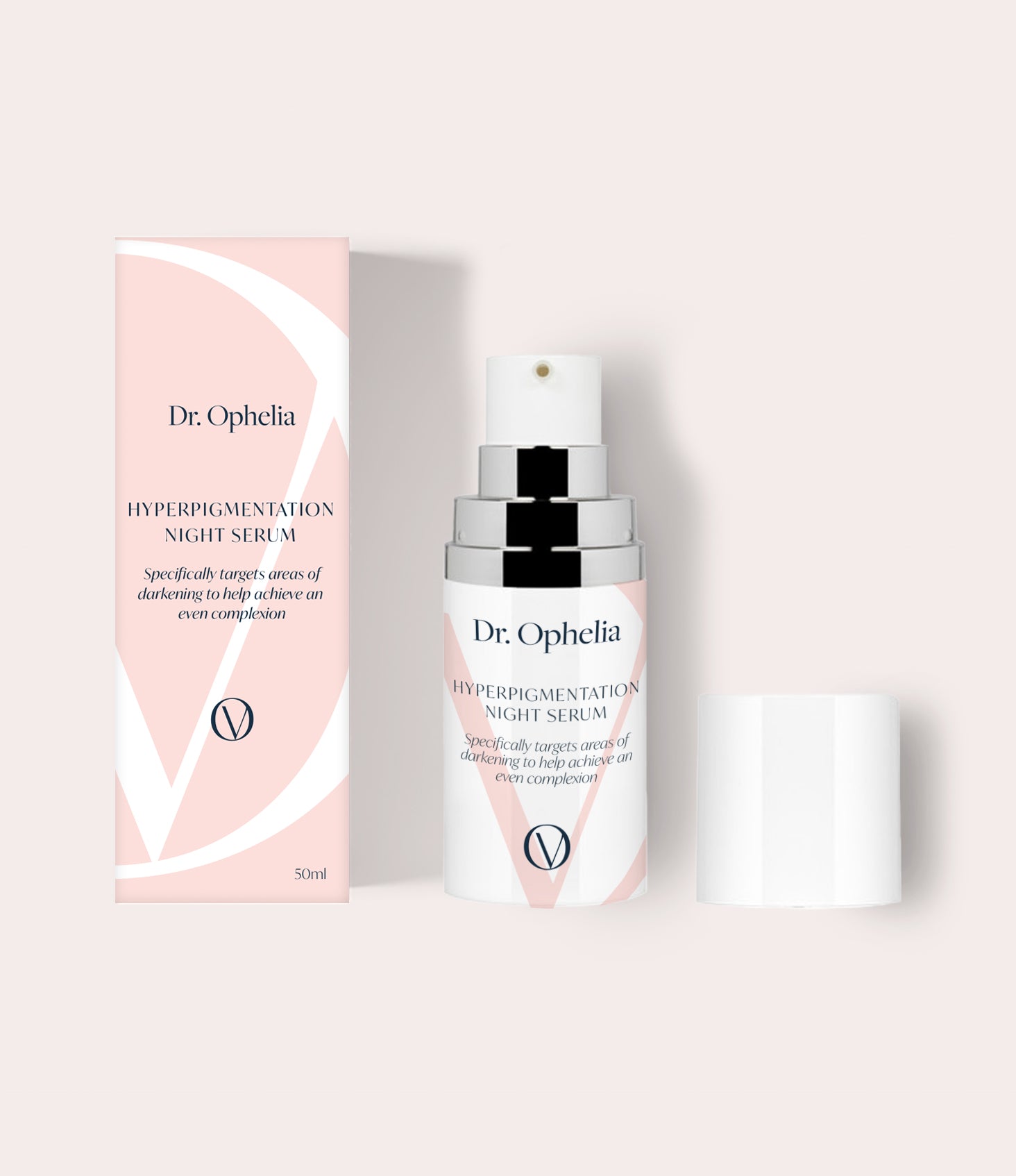
Leave a comment
This site is protected by reCAPTCHA and the Google Privacy Policy and Terms of Service apply.